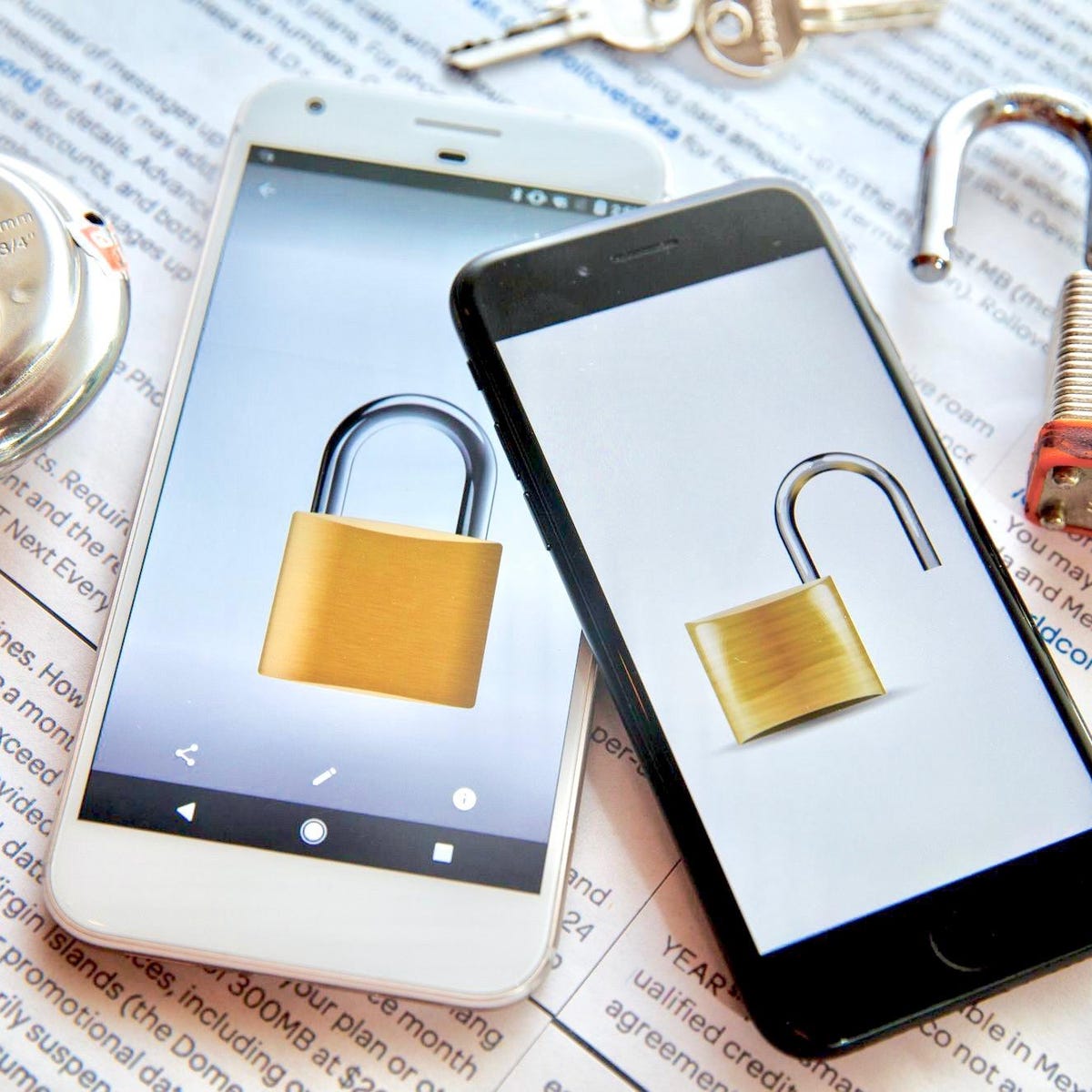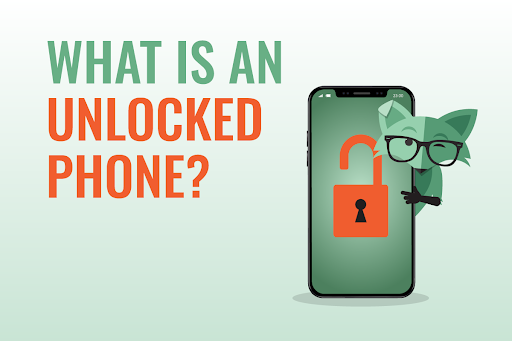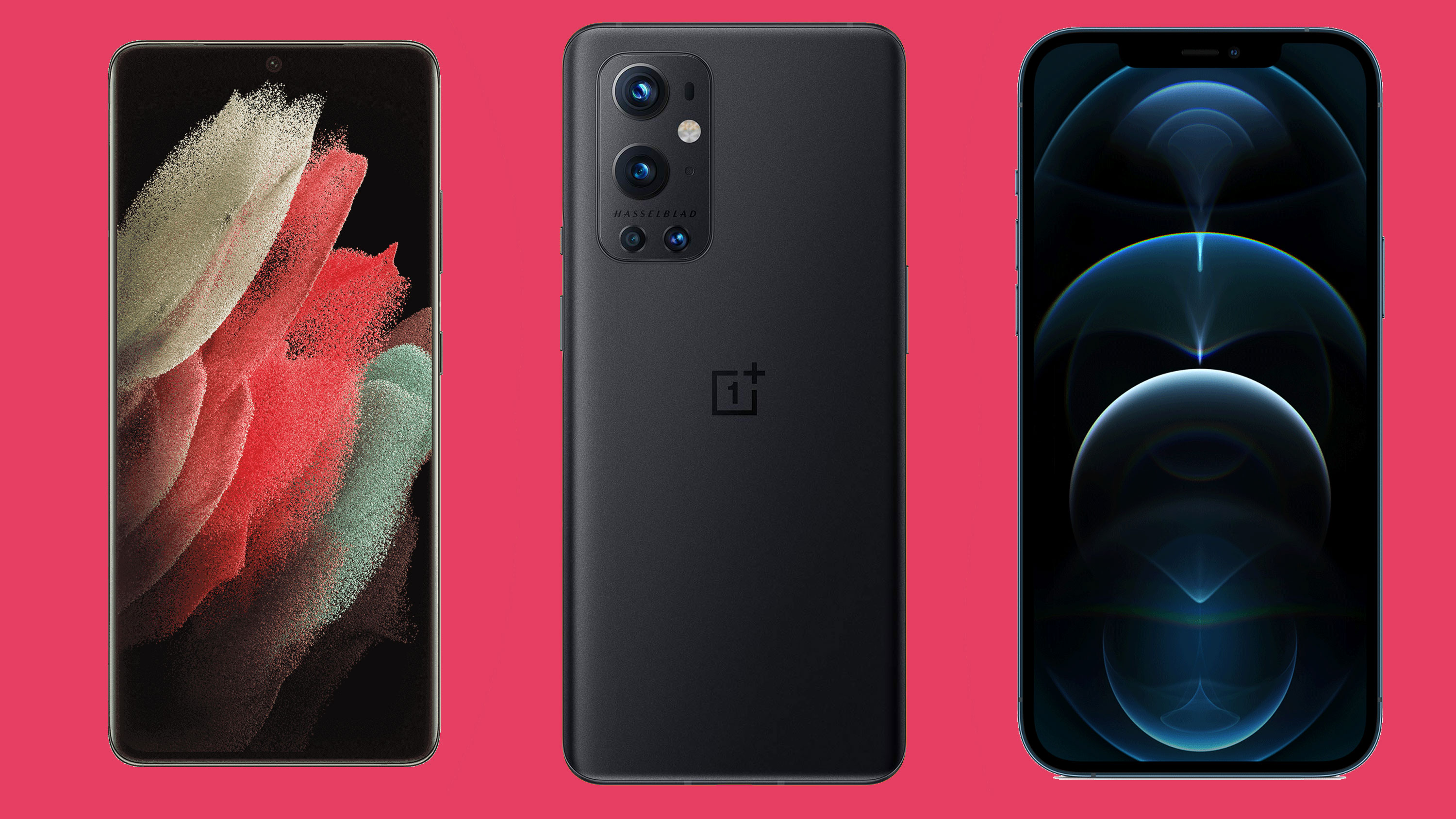Demystifying Phone Statuses: What Does 'unlocked' Mean On A Cell Phone?
Introduction
The mobile phone market consists of countless terms and terminologies, among which 'locked' and 'unlocked' are frequently used. Despite being common, these terms can cause confusion, especially for tech novices. This article aims to demystify the meaning of 'unlocked' in cell phone terminology, its advantages, limitations, and ways to unlock a phone.
What Is The Meaning Of 'Locked' In Cell Phone Terminology?
The term 'locked', as it applies to mobile phones, is a fairly commonly used term but can sometimes be confusing, particularly for individuals who are not thoroughly acquainted with technology. To unpack this term, a 'locked' cell phone essentially implies a device restricted to a specific service provider or carrier. Here's what that means:
- Exclusivity to One Network: The device largely operates on the network of the provider from which it was purchased and may fail to work if utilized with a different carrier's SIM card.
- Tied to Contracts: Phone manufacturers sell these phones locked to establish a strong binding with their customers. This 'lock' engenders loyalty and compels consumers to stick to the provider's contracts and communication services.

- Limited Functionality: One crucial aspect of a locked cell phone is its limited functionality with other carriers. If you attempt to use another provider's SIM card, your locked phone might not accept or recognize it, rendering the phone useless out of its dedicated network.
In essence, a 'locked' mobile phone signifies a device bound by carrier limitations, essentially ‘locking’ the user into a specific network.
Defining 'Unlocked' In The Mobile World: What Does It Mean When A Cell Phone Is Unlocked?
The concept of an 'unlocked' smartphone essentially revolves around its compatibility with various network carriers. Unlike a 'locked' phone bound to a specific provider, an 'unlocked' cell phone is devoid of any software restrictions tying it to a single service.

Let's break down what this entails:
- Flexibility: An unlocked phone can operate on any network that it's technically compatible with. This means you're free to use any compatible SIM card from any carrier.
- Global Compatibility: For travelers, an unlocked phone is a handy tool. Whether you're traveling across states or across continents, you just need a local SIM card, and you're connected!
- No Carrier Restrictions: With an unlocked cell phone, you're not bound to the service terms or contracts of a particular network provider, offering more freedom to switch or select plans as per your needs.
Remember, though, that having an 'unlocked' cell phone doesn't necessarily mean it will work with all carriers – the phone’s hardware (such as its cellular radios) also needs to support the carrier's network frequency bands.
Why Might You Want an Unlocked Phone? Advantages and Limitations
When considering whether to purchase an unlocked cell phone, there are several pros and cons to weigh which can influence your choice. Here, we break down these benefits and potential limitations to provide a clearer picture.
Benefits of Unlocked Cell Phones:
1. Network Fluidity: The most prominent advantage of an unlocked phone is its capability to operate on multiple networks. You're not tied down to a single service provider and can switch carriers based on your needs, preferences, or even location. This makes it an ideal option, especially for globe-trotters.
2. Increased Resale Value: Unlocked phones often command a higher resale value. Since they're compatible with various networks, they appeal to a broader range of potential buyers, thus commanding higher prices in the-resell market.
3. No Contractual Constraints: As unlocked phones aren't bound to a specific network provider, you're free from long-term contracts. This gives you the added benefit of upgrading your device whenever you wish without any interference of termination fees or penalties.
Potential Drawbacks of Unlocked Cell Phones:
1. Upfront Cost: Unlocked cell phones usually cost more upfront, as they're not discounted by network providers. While you may save in the long term from avoiding contracts and termination fees, the initial investment may still be a deterrent for some.
2. Limited Carrier-Specific Features: Unlocked phones might not fully support carrier-specific services such as Wi-Fi calling or VoLTE, as they vary from provider to provider.
3. Compatibility Issues: While unlocked phones can theoretically work on any network, not all phones support every frequency. So, there is a chance that certain networks may not work optimally on your device.
In conclusion, purchasing an unlocked phone offers significant benefits such as network flexibility and higher resale value, but it also comes with potential limitations like high upfront cost and compatibility issues. Weighing these elements will help you determine if an unlocked phone is the right choice for your lifestyle and budget.
The Processes Involved: How Can You Get Your Phone Unlocked?
Unlocking your mobile phone can vary based on your specific carrier's policies and requirements. Here's an overview of the typical processes involved:
1. Check Your Phone's Unlock Eligibility: Before you proceed with unlocking, it's essential to ascertain your phone's unlock eligibility. Your carrier usually has specific conditions that need to be met before unlocking is allowed. This may include a requirement that the phone is paid off in full, or that a certain period of the contract has been fulfilled.
2. Contact Your Carrier: If your phone is eligible for unlocking, contact your carrier to initiate the process. Some provide an online procedure for unlocking, while others may require a call to their customer service department.
3. Third-Party Unlocking Services/Software: As an alternative, you could explore third-party unlocking services or software. These services can unlock your phone regardless of carrier limitations. However, this comes with risks. It may void your device's warranty and potentially damage your device's software if not executed correctly.
Bear in mind, it should not be assumed that every phone can be unlocked, or that unlocking a phone will allow it to work on any network. While unlocking is perfectly legal, it may contravene your network's terms of service. It's always good practice to check on this before proceeding.
Additionally, while you can have a phone unlocked by someone who is not the original network provider, you should be aware that not all network functionality may be available post unlocking. Certain features like VoLTE and Wi-Fi calling may not work as expected on an unlocked device.
In conclusion, unlocking your phone can grant you more freedom in terms of network choice. However, it comes with potential risks and the process can vary drastically from carrier to carrier. Evaluate your mobile needs, assess the risks and benefits, and make an educated decision that best suits your situation.
Deciding for Yourself: Is An Unlocked Cell Phone The Best Route For You?
Choosing an unlocked cell phone boils down deep to your personal preferences, lifestyle, and frequent usage patterns. Here are some aspects to help you decide if it’s worth investing in an unlocked phone:
1. Travel Frequency: If international travel is part of your routine, an unlocked phone, with its capability to work with any network provider worldwide, can save you from exorbitant roaming charges. Simply replace your existing SIM with a local one at your destination to enjoy local tariffs.
2. Flexibility: Love hopping between carriers? An unlocked phone offers you the flexibility to switch network providers as per your wish, ensuring you always have an option to grab the best available deals.
On the flip side, there could be reasons why an unlocked phone might not be the most advantageous:
1. Cost Factor: Unlocked cell phones typically have a hefty price tag because they aren't tied to any carrier subsidies. If budget is a main concern, a locked phone might be more economical.
2. Carrier-specific Services: Some network-dedicated features such as Wi-Fi calling or VoLTE may not function with all carriers on an unlocked phone.
Remember, there's no one-size-fits-all when it comes to choosing a phone. Evaluate your needs, preferences and budget to make an informed decision.
Conclusion
Understanding the concept of locked and unlocked phones can make navigating the cellphone market easier and help you make better-informed decisions. Regardless of your choice, always make sure to evaluate the pros and cons based on your personal needs, usage, and lifestyle.
Related FAQs about what does unlocked mean on a cell phone
What are the key differences between locked and unlocked phones?
A locked phone is a device that is tied to a specific carrier or service provider, making it exclusive to that network. On the other hand, an unlocked phone is free of such restrictions and can function on any carrier's network that the hardware supports, offering more flexibility to the user.
What are the potential risks and concerns with unlocked phones?
Challenges associated with unlocked phones include a higher upfront cost, as unlocked phones typically aren't discounted by carriers. Furthermore, unlocked phones may not fully support all carrier-specific services. Also, not all phones may work optimally on all networks due to hardware constraints such as frequency band compatibility.
Can all phones be unlocked, and how can I do it?
Whether a phone can be unlocked depends on the specific carrier's rules and the phone's eligibility. The process usually involves contacting your carrier or using third-party unlocking services. However, it's crucial to be aware that unlocking your phone may void the warranty or potentially harm your device's software.







